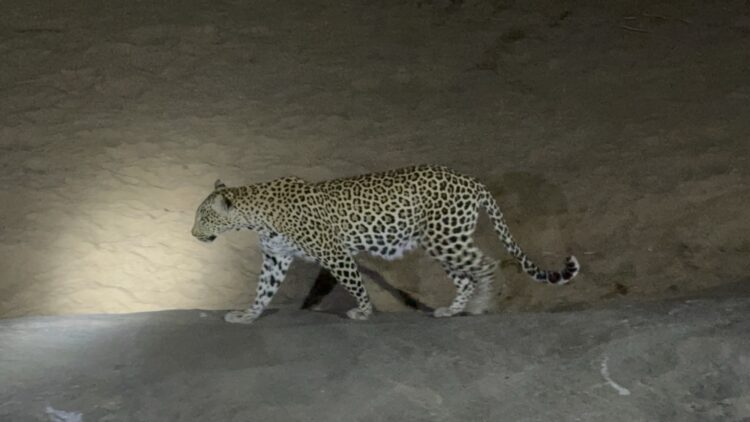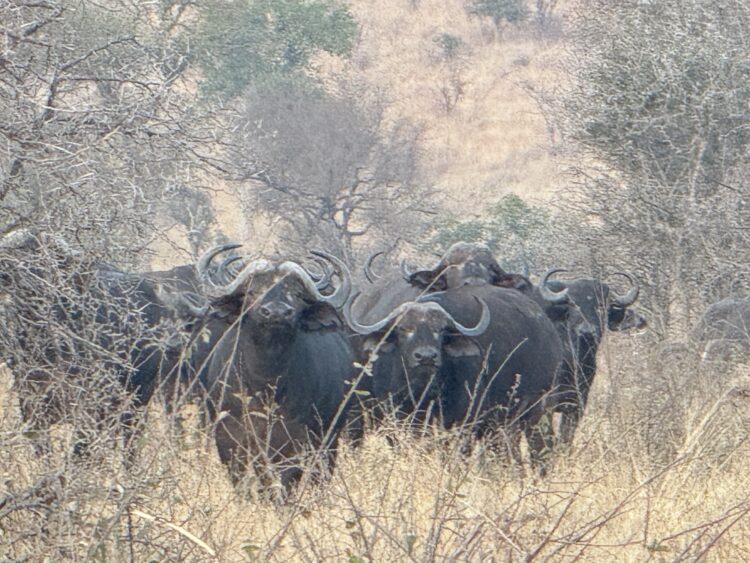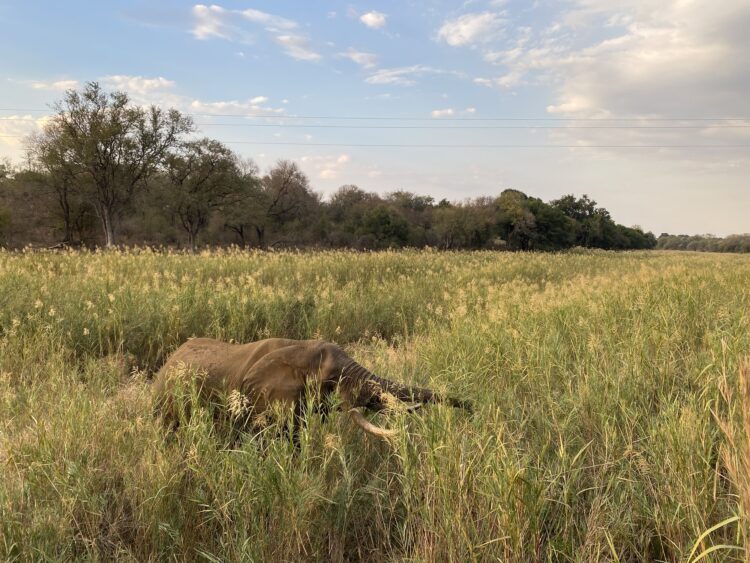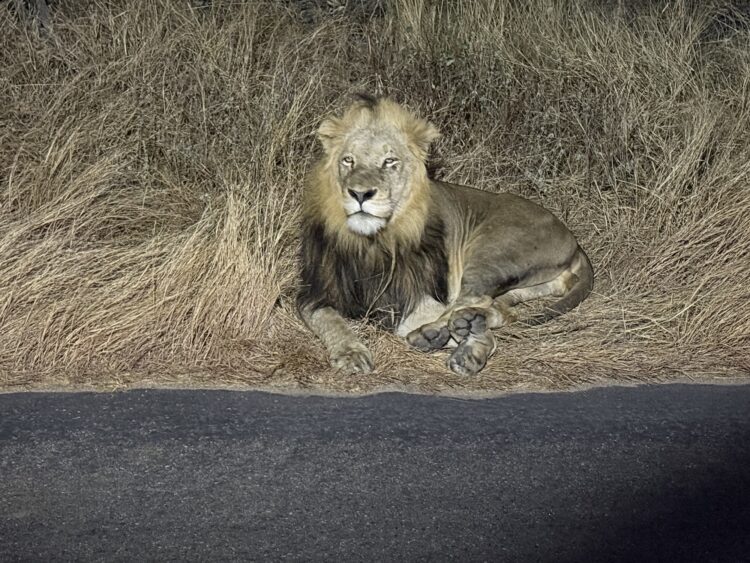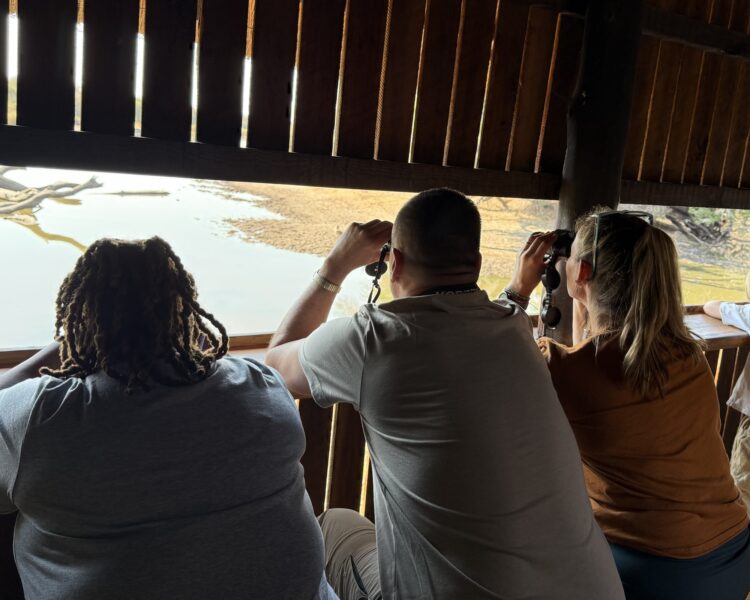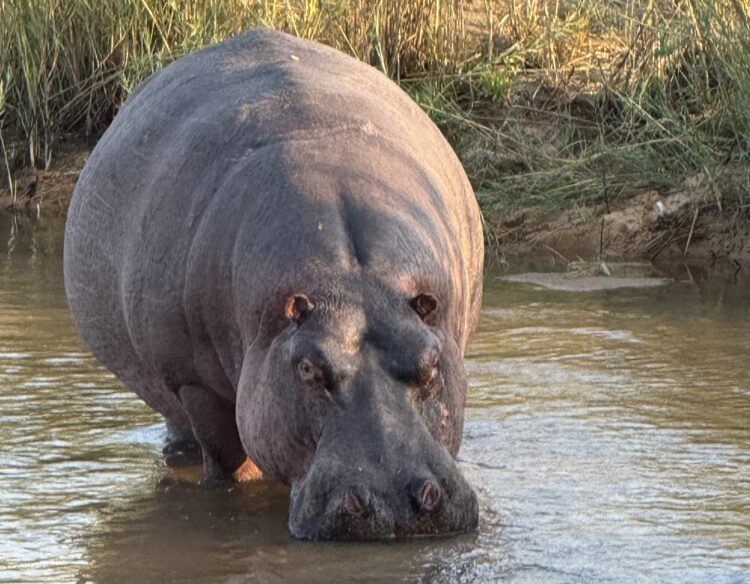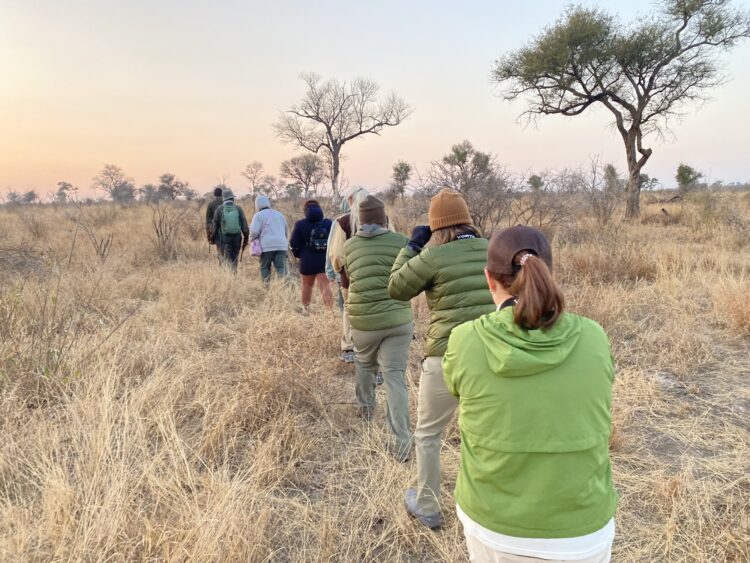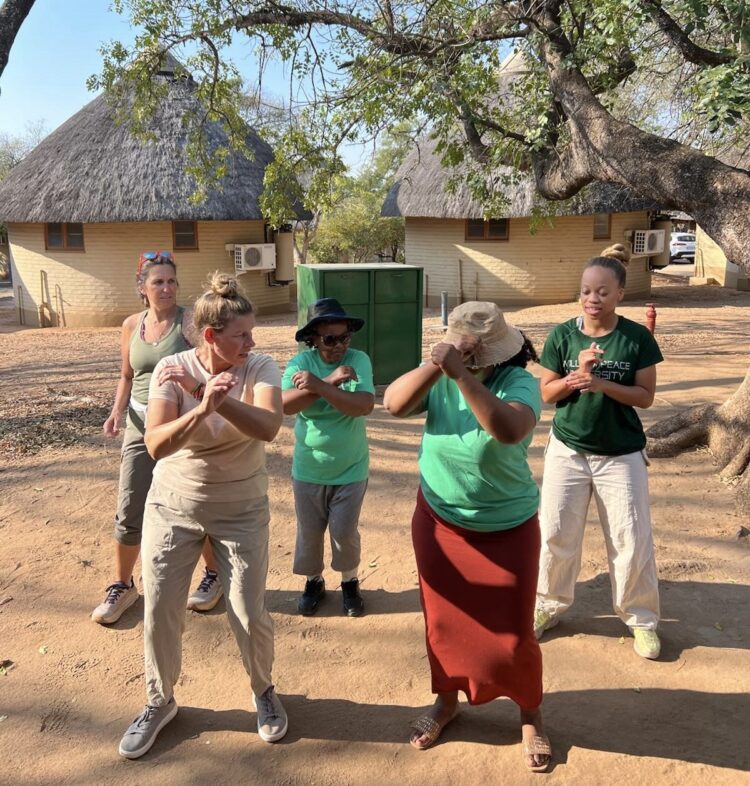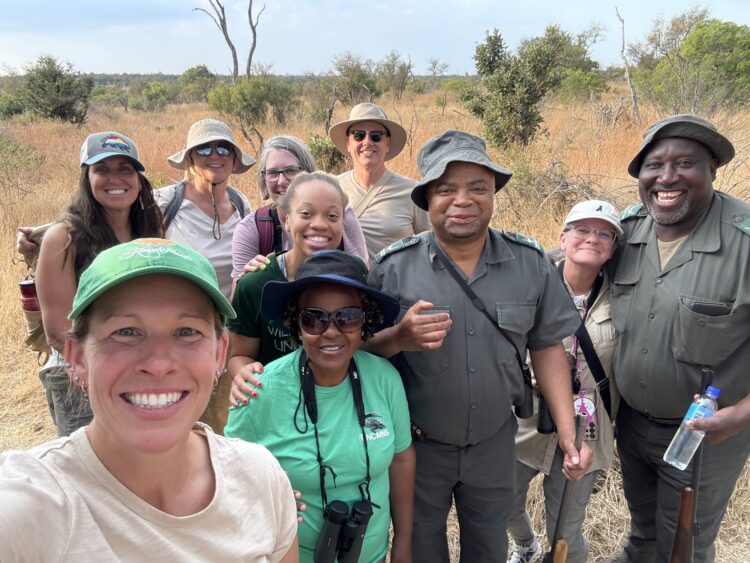“Meeting the Indian Ocean”
July 30, 2025 - Comments Off on Meeting the Indian Ocean
During the car ride today we were a bit more subdued than usual. The hearty breakfast and the quiet thrill of seeing ostriches, white rhinos, wildebeest, and giraffes had lulled us into a peaceful, drowsy state. As the landscape slowly shifted—from mountainous grasslands to dense forest, and finally to the sandy soil of a coastal town—there was a quiet reverence among us, a growing anticipation.
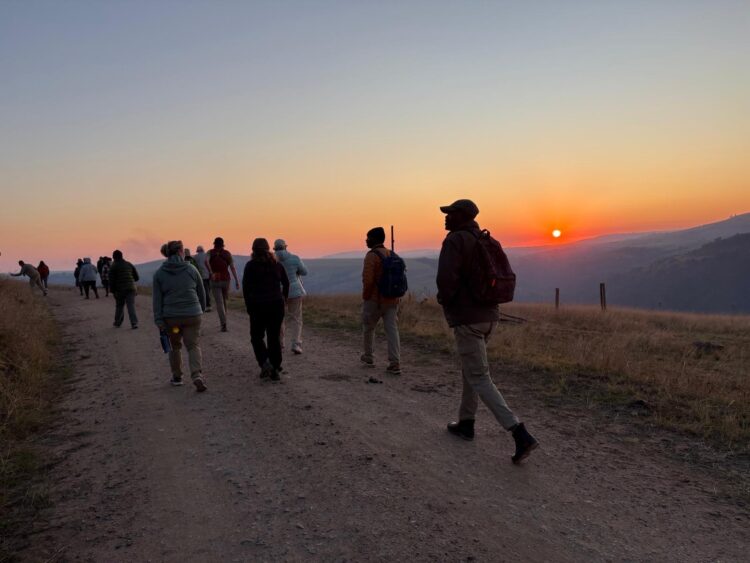
We arrived at Ndiza Lodge, our home for the next few days, and excitement buzzed through the group. Some were eager to explore the shops in St. Lucia, while others—my group—felt the pull of the ocean. We quickly split up, each group setting off in pursuit of a different kind of discovery.
The beach group set out with enthusiasm, eager to lay eyes on the Indian Ocean. As we neared the shore the air turned salty and fresh, the sound of crashing waves grew louder, and then suddenly, the ocean revealed itself—raw, powerful, and utterly breathtaking. The waves thundered against an expansive shoreline, while to the right, South Africa’s tallest sand dunes rose like giants. It was unlike anything we had ever seen back home in North Carolina.
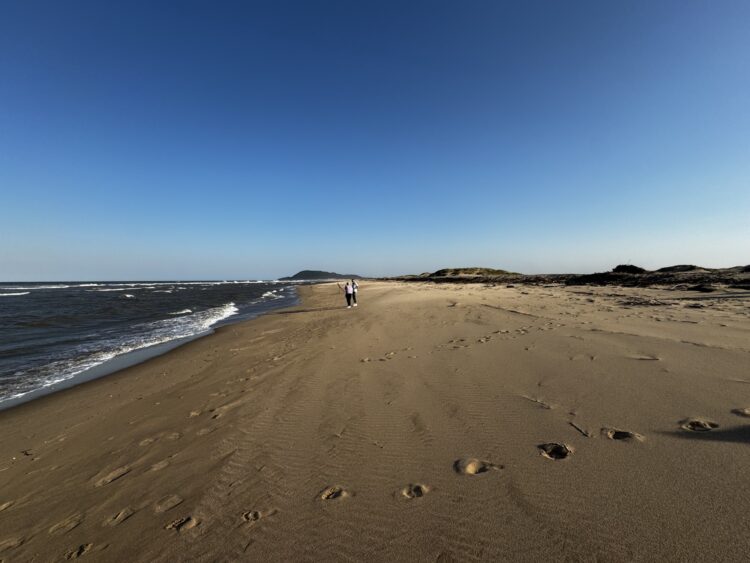
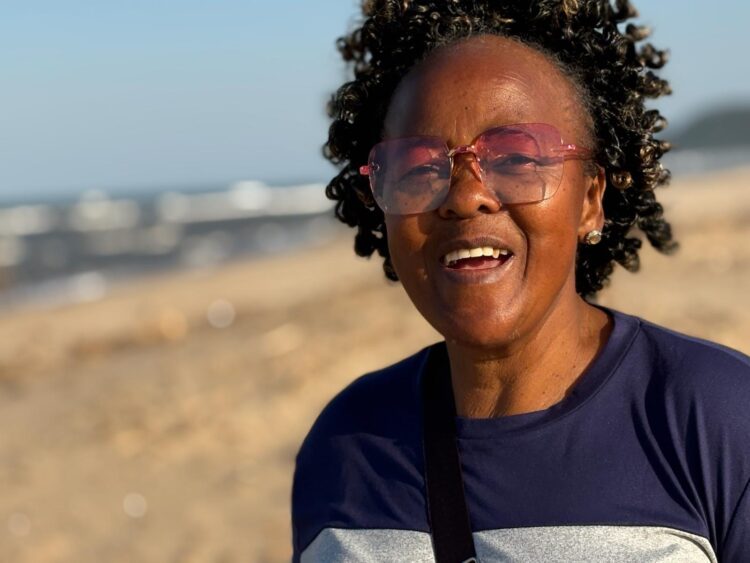
We ran down the boardwalk and dipped our toes into the icy surf, laughing at the cold and marveling at the majesty before us. Some of us searched for birds or seashells; others simply wandered the shoreline. We spotted a ghost crab scurrying up the sand, and for a while we were lost in nature’s wonder. But amid the beauty, our joy was tinged with sadness—plastic waste littered the shore. Quietly, a few began picking it up, and we shared our frustration: how can a place so awe-inspiring be treated so carelessly? It was a sobering reminder of man’s impact, and yet the ocean remained—vast, wild, and humbling.
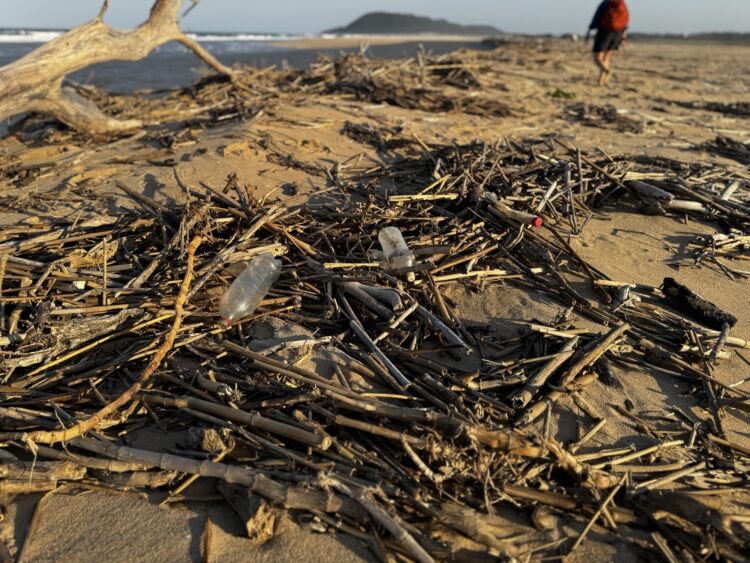
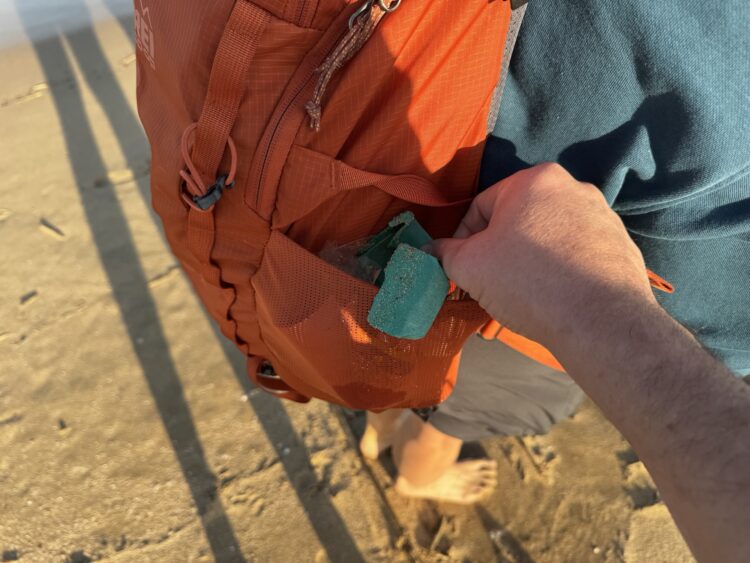
Meanwhile, the intrepid shoppers cautiously trekked into town from the beautiful lodge, casting wary glances for any lurking hippos—a real possibility in St. Lucia. None were spotted, so they continued on, weaving through the streets and exploring local stalls. The town offered a vibrant mix of culture and craftsmanship. There were so many beautifully made goods, and many of us regretted that our suitcases were already bulging with souvenirs. The artisans were talented and proud of their work, happily sharing stories and smiles. Bartering was met with laughter and good-natured exchanges, and the whole experience felt like a joyful dance between traveler and host. It was more than shopping—it was a warm, human connection that left us smiling long after we left the stalls.
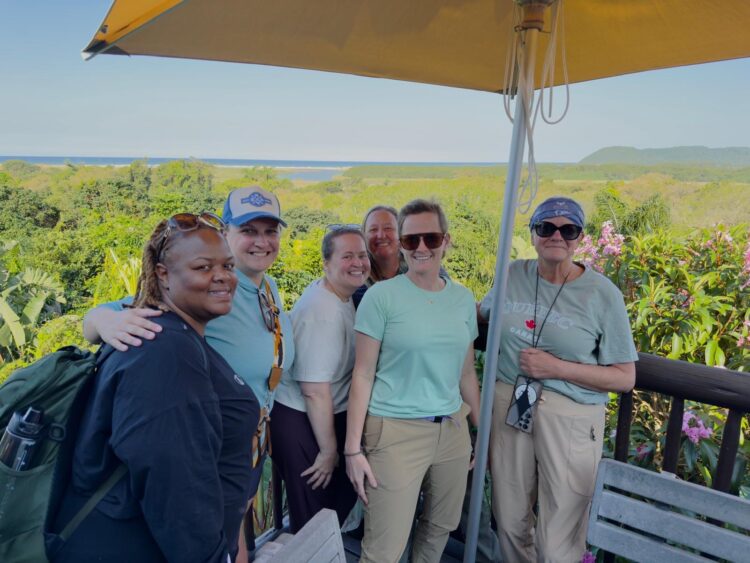
In the end, both groups reunited with arms full of treasures and hearts full of gratitude. Whether basking in the raw power of the ocean or chatting with local artists under a warm coastal breeze, we all felt deeply moved. We were grateful—for the beauty, for the connection, and for this incredible experience that reminded us of both nature’s grandeur and our responsibility to protect it.

